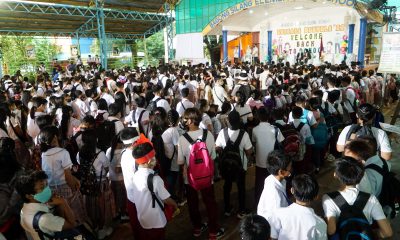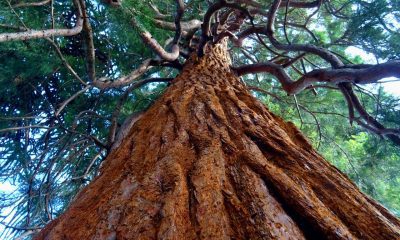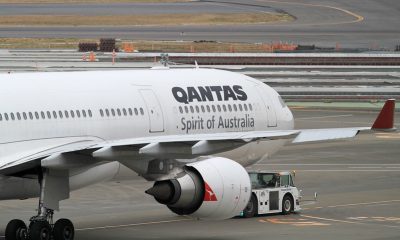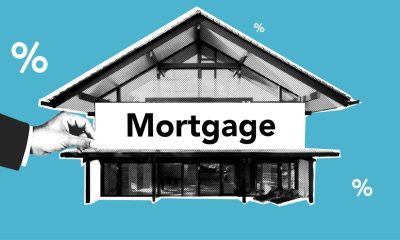News
Venezuelans scour polluted river for lost treasure, survival
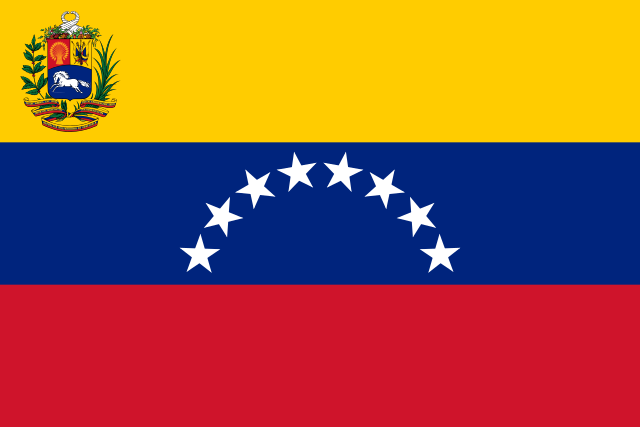
Flag of Venezuela (Photo By Denelson83 – Own work, Public Domain)
CARACAS, Venezuela — Angel Villanueva waded into the dirty brown water of the Guaire River, the putrid channel snaking through Venezuela’s capital, where he hoped to scavenge for a bit of treasure.
He raked his hands across the bottom of the shallow waterway, turning his face away from the foul smell. Then he stood up, letting gravel and rocks fall through his fingers, scanning for an earring backing, lost rings or any other bits of precious metal to cash in for food.
Scavenging alongside two others, Villanueva, 26, kept an eye on the dark clouds buffeting the mountains that surround Caracas. They could burst at any time, leaving him minutes to get out — or be washed away to his death.
“Working in the Guaire isn’t easy,” he said, talking over the roar of traffic on a nearby highway. “When it provides, it provides. When it takes, it takes your life.”
Images of poor Venezuelans eating from garbage piles in Caracas have come to symbolize the deepening economic crisis in what was once one of Latin America’s wealthiest countries. Less visible are the young men and boys who comb the Guaire’s dirty waters for any sliver of metal that might help feed their families.
They appear at times to be playing, shirtless and laughing in groups. The sun reflects off their rounded backs as they bend, scoop up rocks and toss them aside with a splash.
The water is notoriously filthy — a drain for rainwater from the streets and sewers, along with industrial waste and an occasional treasure.
“As long as I can remember, the Guaire was this open sewage,” said Alejandro Velasco, a native of Caracas and professor of Latin American history at New York University. “It certainly seems to reflect the depth and extent of the desperation that this particular crisis has spawned.”
Nearly two decades of socialist rule in which food and oil production have plummeted amid poor management of state resources and a drop in world crude prices have driven many Venezuelans into desperation.
Each morning, scavengers stream down to the Guaire from hillside barrios. Some wrap their fingertips in tape to protect from cuts and infections, ignoring any potential long-term health effects from standing in foul water for hours each day.
Calls to clean up the river and the millions already spent have had no result.
The late President Hugo Chavez acknowledged the river’s filthy state in 2005 and pledged a full cleanup. “I will invite you all to go for a swim in the Guaire — soon,” he vowed on television.
The Inter-American Development Bank in 2012 stepped up with a $300 million loan, launching an ambitious project to build wastewater plants and treat sewage that goes into the river.
Nearly six years later, the water remains filthy, the cleanup project achieving a fraction of its goal. Bank officials declined to comment on the project and Venezuelan government leaders have also been silent on when it might be cleaned.
Some stretches of the river smell of sewage while others emit a toxic odour reminiscent of fuel, a stench that stays in your nose for hours after leaving its banks.
The Guaire again drew attention in mid-2017 when residents protesting President Nicolas Maduro’s rule waded across the river to escape choking tear gas fired by riot officers.
Most days, the river scavengers go unnoticed by other Caracas residents as they speed overhead on an elevated highway, blocked from view by concrete barriers.
A woman pushing a baby stroller across an overpass on a rare vantage point looked down at dozens in the water.
“What a shame for our country,” she said.
Villanueva lives with his father, a retired military man, in one of the poorest and most dangerous barrios in Caracas. He still struggles with his mother’s death from a stroke. She had urged him to go to college.
Villanueva wanted to earn money, but he could only land a series of low-paying state jobs, such as sweeping the streets. The minimum wage for public employees in Venezuela is less than $7 a month at the black market exchange rate.
Food has become increasingly hard to find or afford. An estimated 75 per cent of Venezuelans lost an average of 19 pounds (8.7 kilograms) last year, according to one recent survey.
Villanueva first waded into the river six months ago, invited by a friend. His first day’s work cashed in at $20, and he was hooked, despite jibes back in his neighbourhood from those who tell him to stay away because he smells like the Guaire.
Another scavenger working with Villanueva wears a plastic pill bottle strung around his neck, holding his finds. He pours into his palm broken links of a keychain and an old coin, possibly worth something in Bolivar Plaza, where vendors offer cash for gold.
Villanueva doesn’t know anybody who has died from rising water, but stories abound of others washed away never to be found. Villanueva says gathering clouds and more trash than normal being washed from banks upriver tell him that the water is rising, and he has less than 15 minutes to get out.
He dreams of leaving Venezuela to find a better job. But for now he is taking his chances scavenging in the Guaire.


